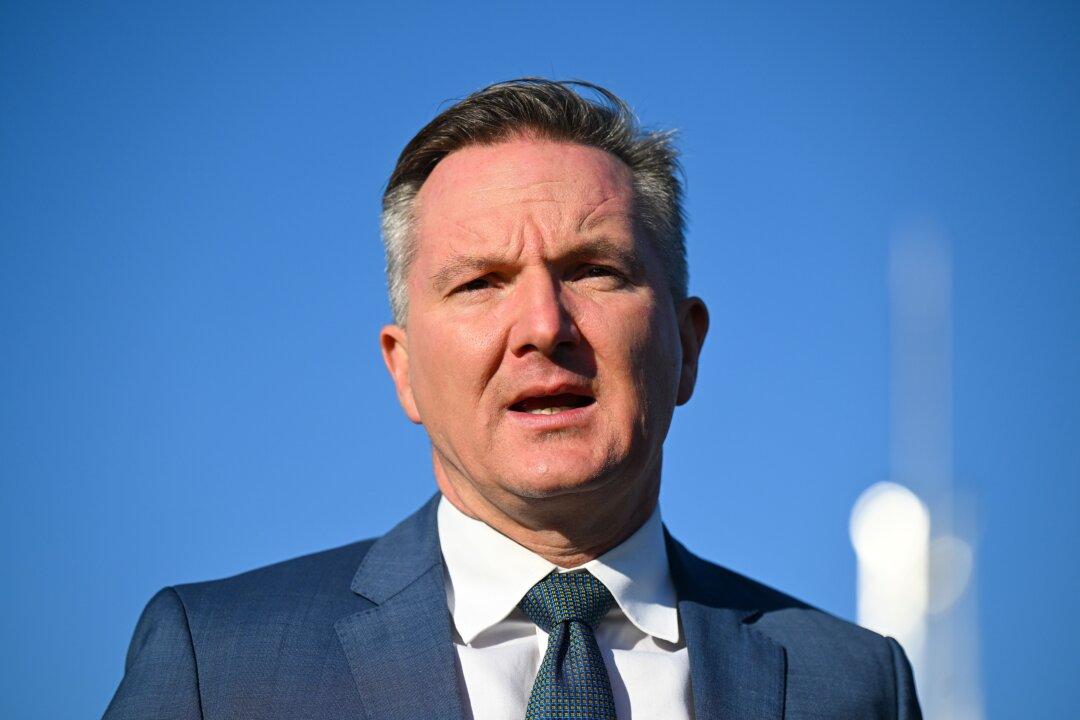The Albanese government has cancelled Commonwealth-held Kyoto Protocol units as part of a commitment to not use the credits to reach global carbon emissions reduction targets.
The federal government cancelled the more than 700 million credits, equivalent to more than a year’s worth of national emissions, according to the Department of Climate Change, Energy, the Environment and Water (DCCEEW).




